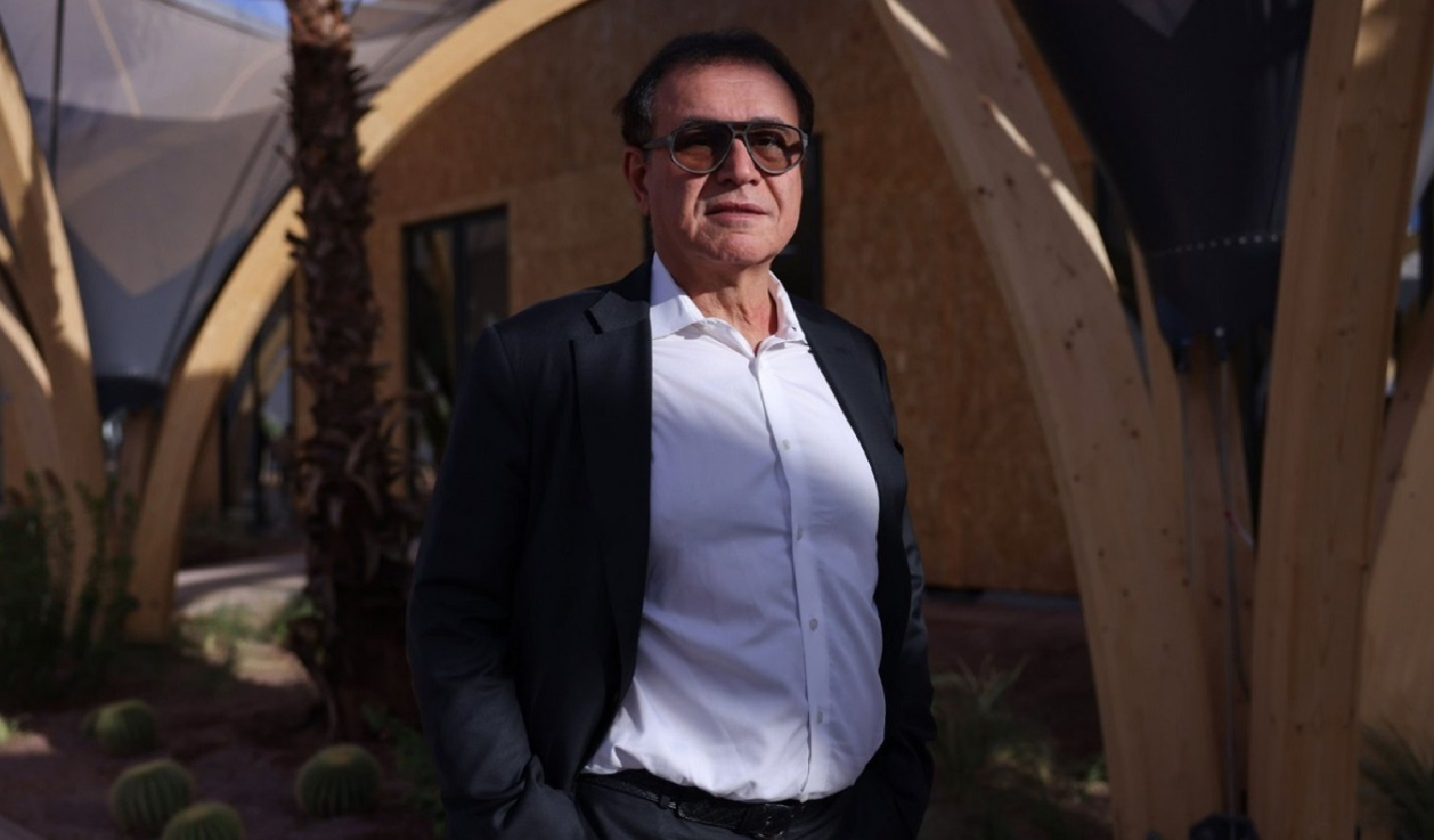Conservative Alexander Stubb won the presidential election in Finland after his rival Pekka Haavisto conceded defeat with more than 90% of the votes counted in a vote marked by tensions with Russia over Helsinki’s accession to NATO.
“Alexander, congratulations on being the 13th president of Finland”, addressed his rival Pekka Haavisto, who is a former Greens foreign minister but is running as an independent candidate. At the same time, Finnish television reported that with 98% of the ballots counted, Alexander Stubb collected 51.7% of the votes.
According to the statistics, 70.7% of the 4.3 million voters in Finland went to the polls.
“The only thing I can think about now is the recognition I’m getting, it’s the biggest honor of my life. It’s a big victory for democracy in Finland and I’m extremely proud of all the Finns who voted”, reacted Alexander Stubb of the publication of the results. “I want to see Finland in the core of NATO. We are a provider of security, not a consumer of security. We have no restrictions on our NATO membership. We have one of the strongest defense capabilities in Europe and we are a security asset in NATO. The main task of the president is to maintain the peace in Finland and to ensure that there is never a war”, added he.
Finland became the 31st member of the military alliance last year after applying to join just months after Russia invaded Ukraine in February 2022. Neighboring Sweden, with which it applied for membership together, is still waiting to be accepted. Finland has increased defense spending and exceeded NATO’s target level of 2 percent of gross domestic product, a threshold that the alliance’s other northern members have yet to reach.
Alexander Stubb, 55, a former prime minister of Finland, will take office early next month and succeed President Sauli Niinisto, who served two six-year terms in office and is constitutionally barred from running for office again.
The Finnish head of state is directly elected and, in addition to his ceremonial role, has significant powers in foreign and security policy.



